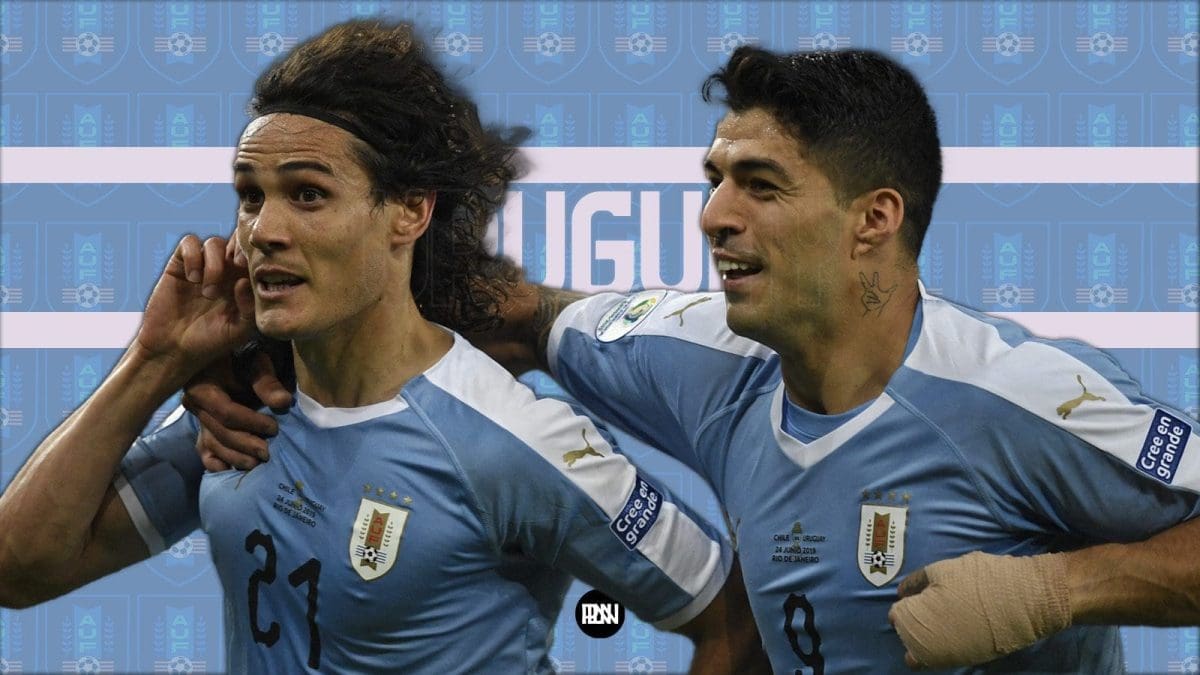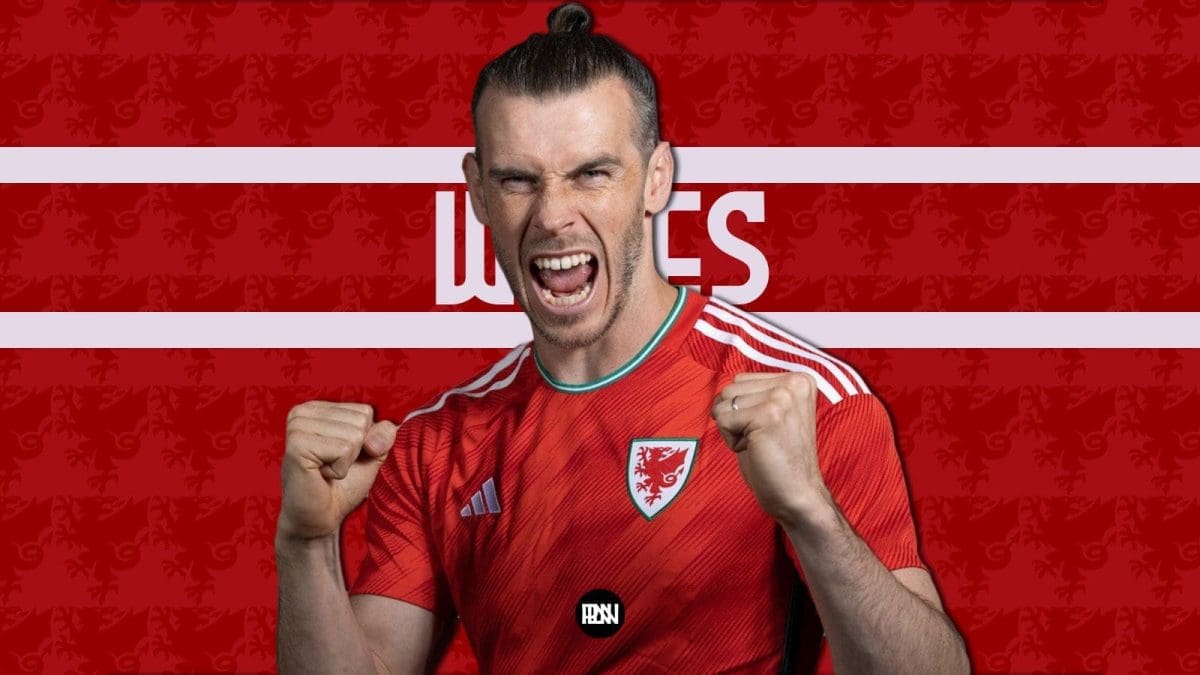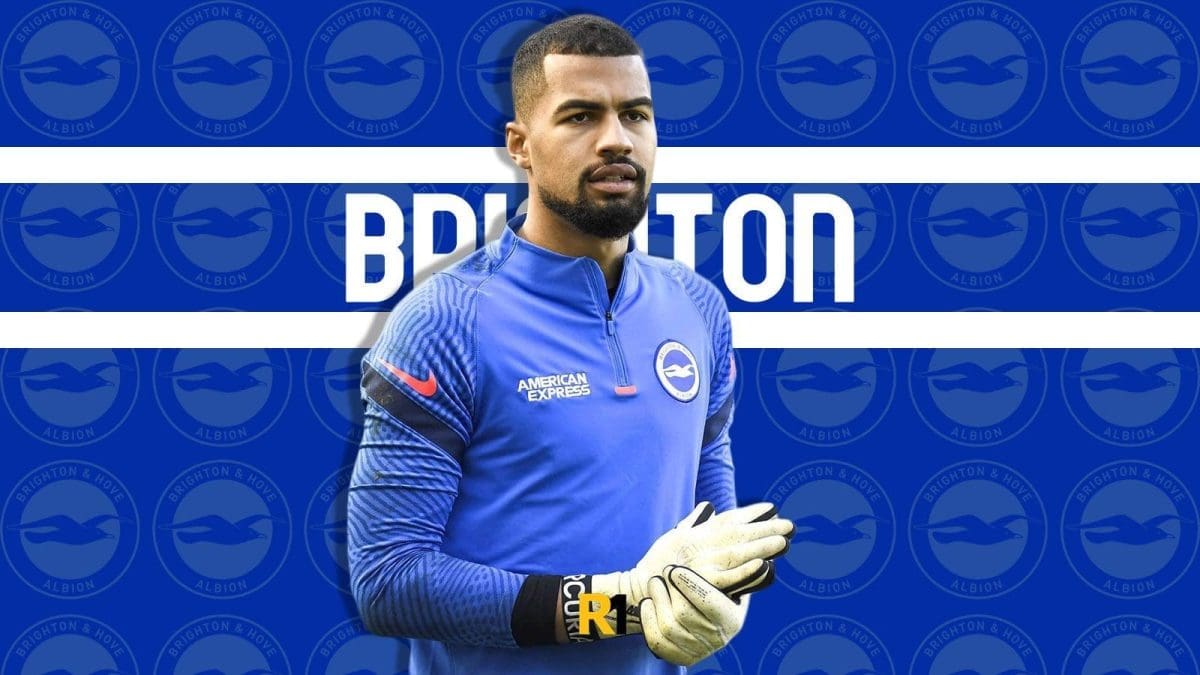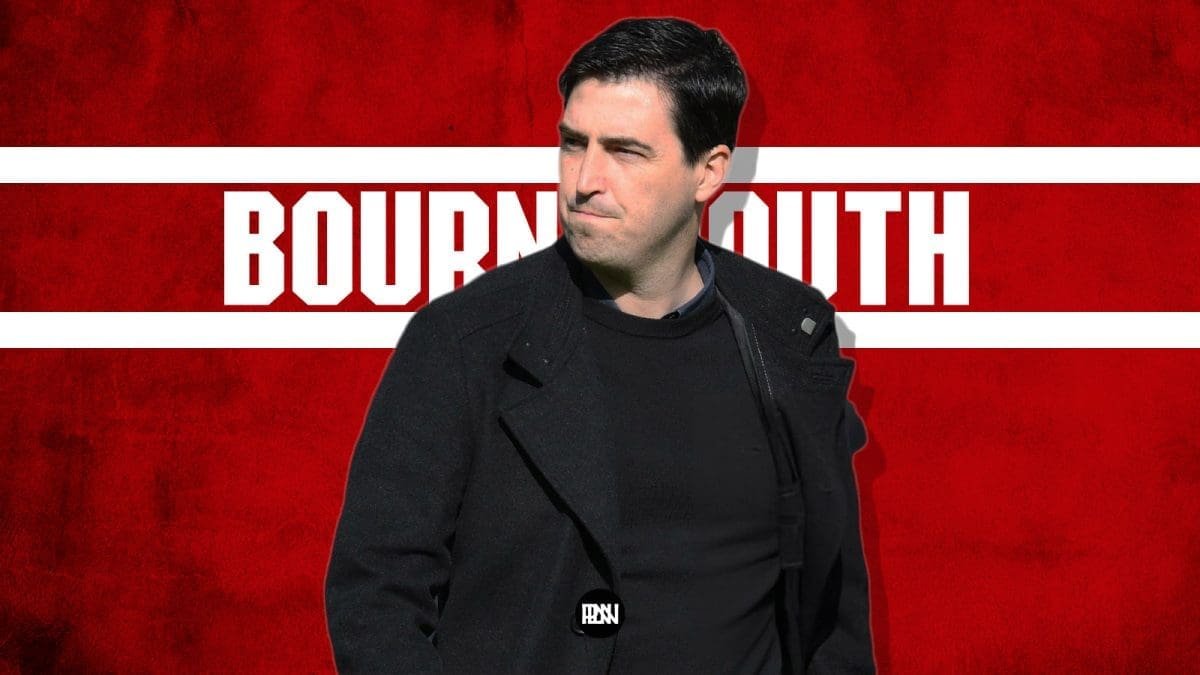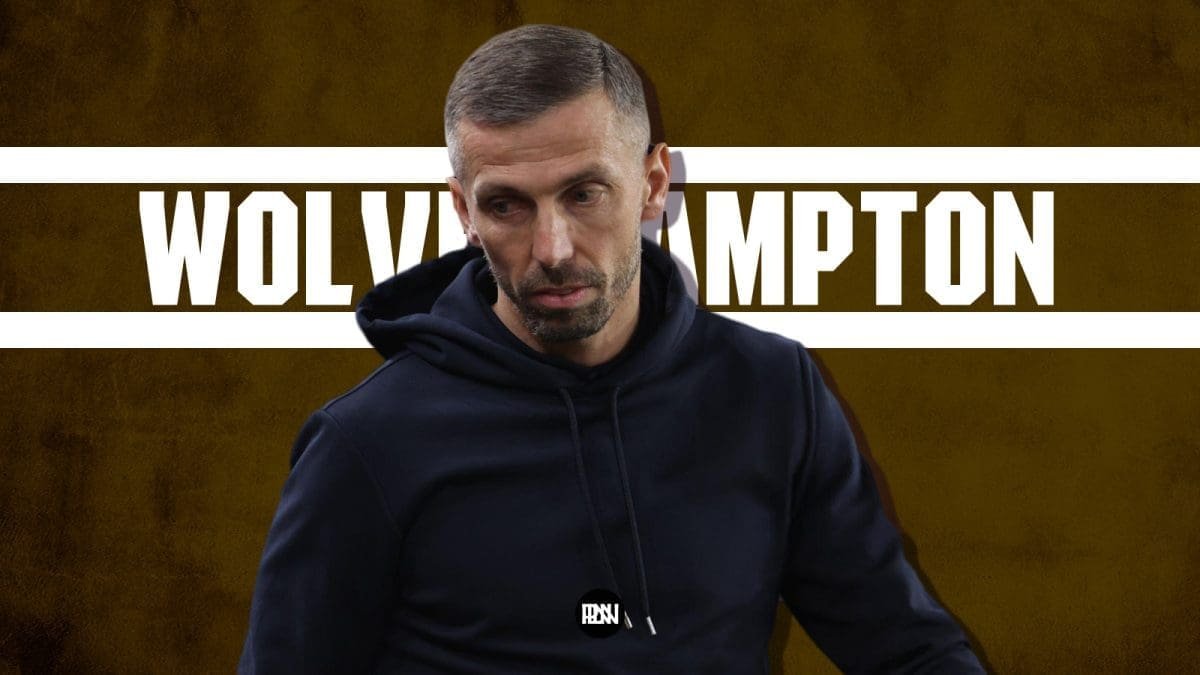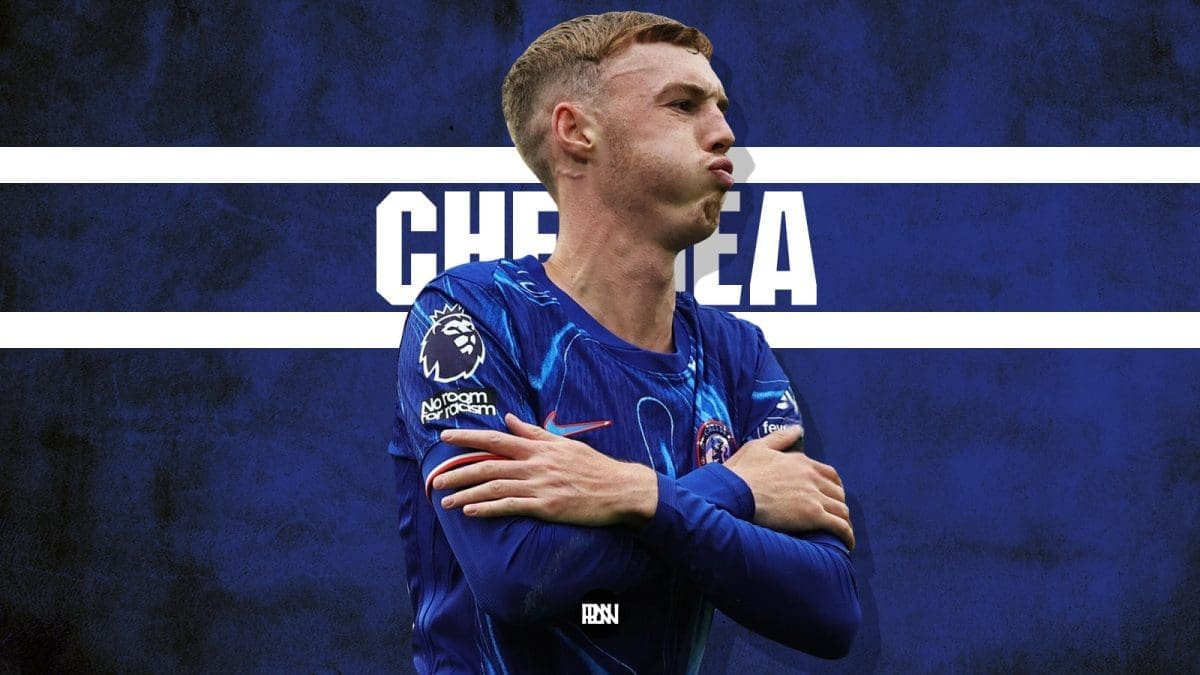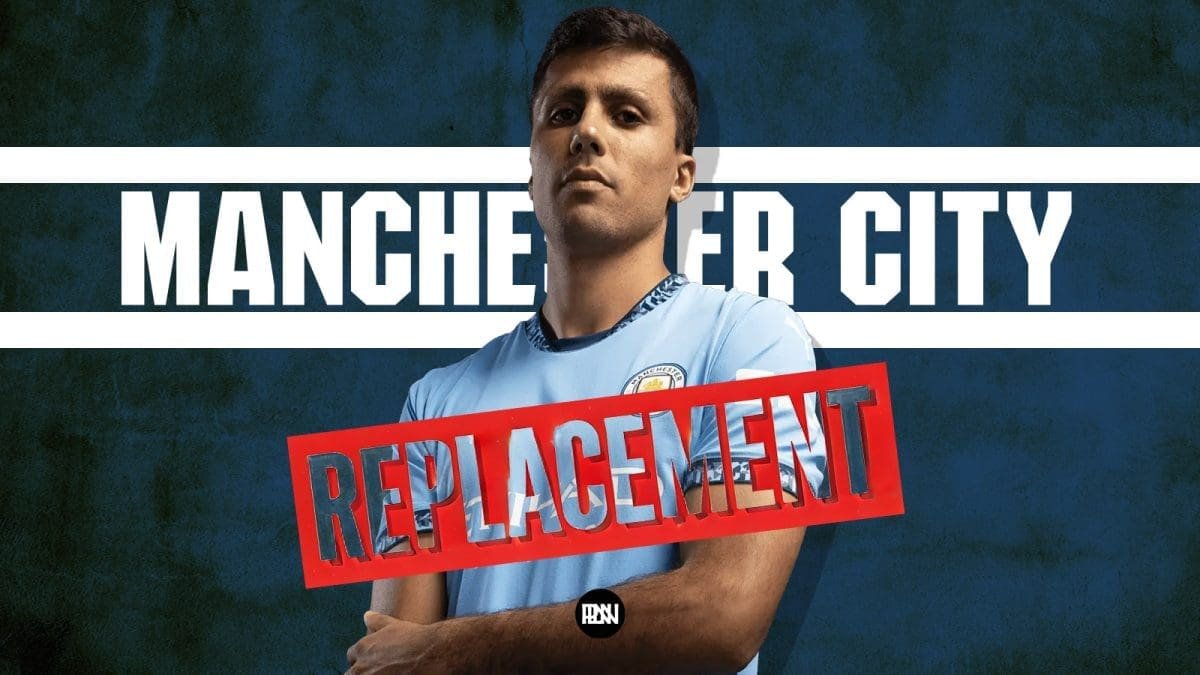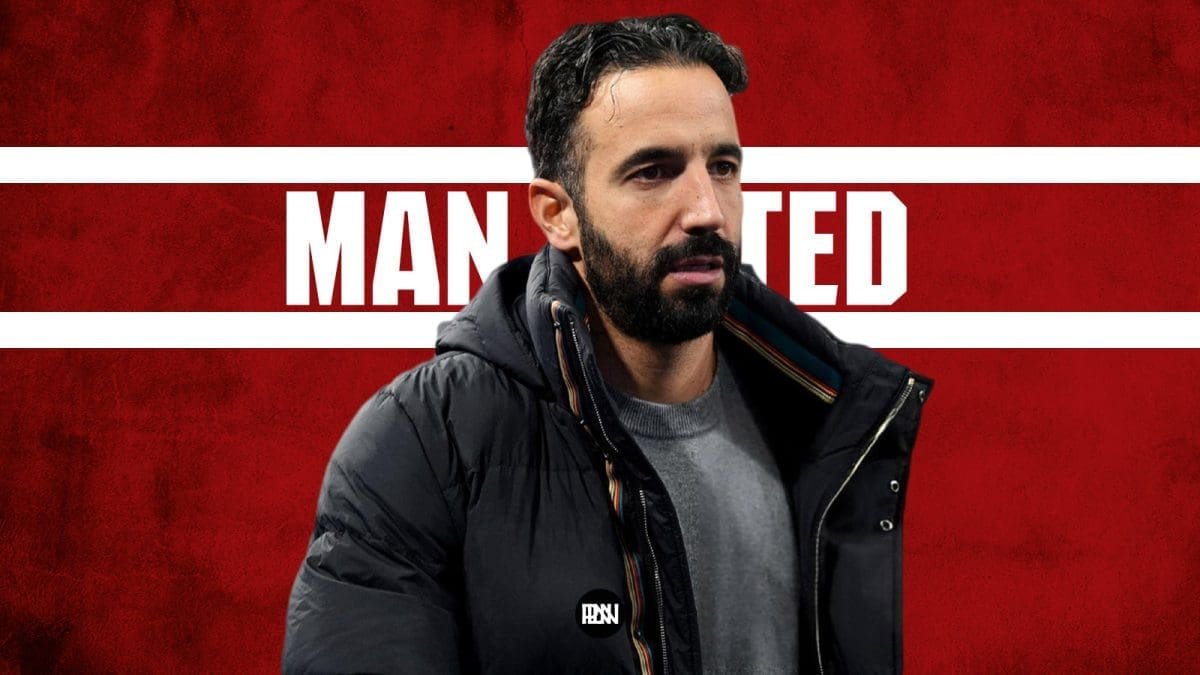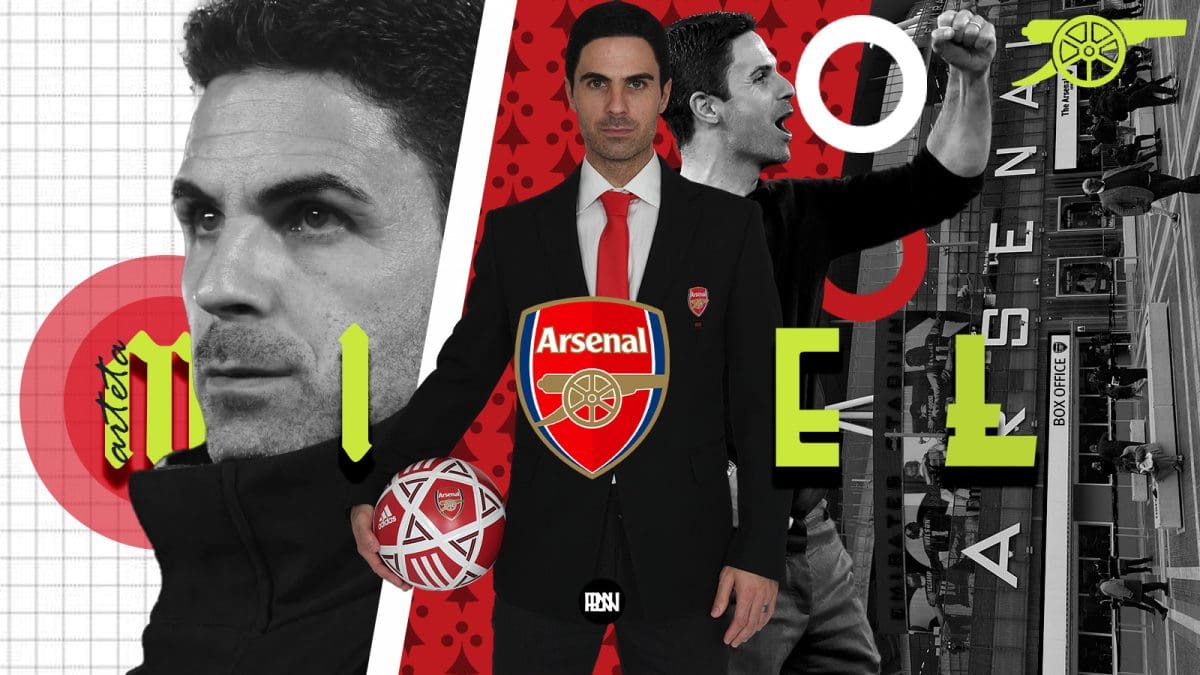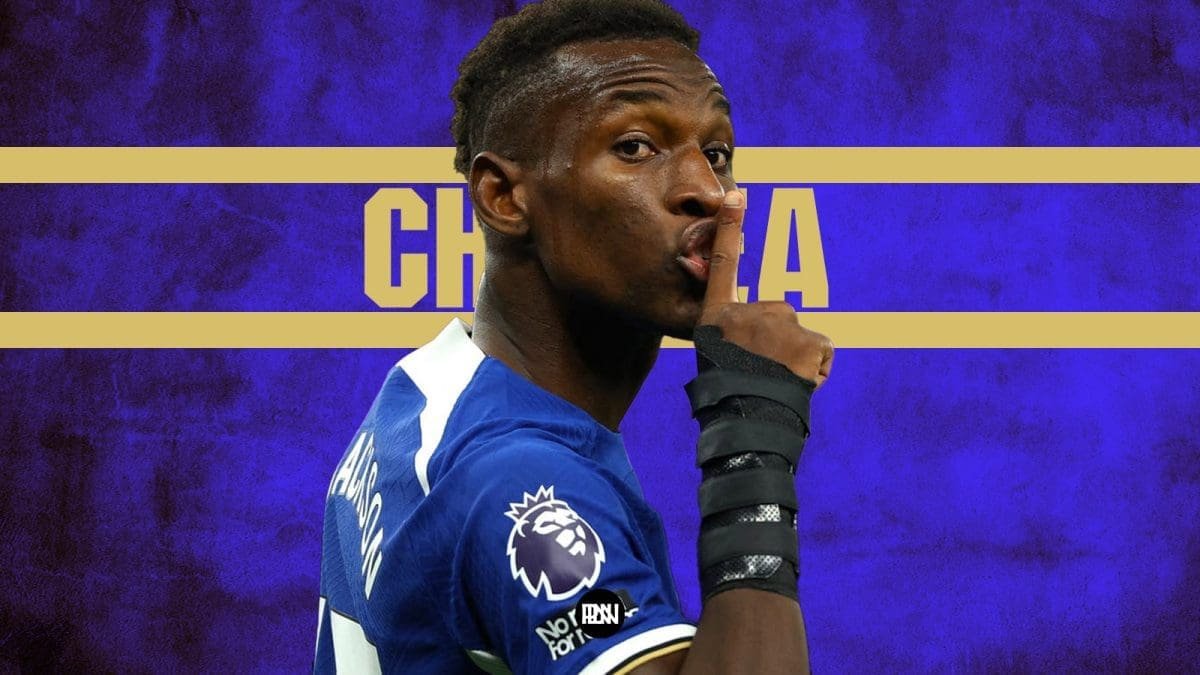When asked who the most successful nations in international football are, most people will probably list a few well-known names. Italy, Spain, France, Germany, England, Brazil, France, Argentina, and possibly the Netherlands and Portugal will also be mentioned. All of the nations have significantly influenced football and most of them have experienced significant success in big competitions. But Uruguay, a little nation of 3.5 million people located between Brazil and Argentina, has arguably performed better than any other nation in terms of punching above its weight. Uruguay has won 15 Copa America championships and two World Cups despite being only the 10th-largest nation in South America.
Uruguay last won a major trophy, the Copa America, in 2011. They must be doing something right because they reached the semi-finals in 2010 and had stellar group-stage performances in 2014 and 2018. South Korea and Ghana are anticipated to finish behind Uruguay in Group H, which is wide open and features a lukewarm favourite in Portugal at the top – Uruguay is, therefore, likely to advance to the Round of 16.
A long-shot wager in Uruguay may have a decent chance of paying off.
URUGUAY 2022 WORLD CUP FULL SQUAD
Goalkeepers: Fernando Muslera (Galatasaray), Sebastian Sosa (Independiente), Sergio Rochet (Nacional)
Defenders: Jose Gimenez (Atletico Madrid), Diego Godin (Velez Sarsfield), Ronald Araujo (Barcelona), Guillermo Varela (Flamengo), Mathias Olivera (Napoli), Matias Vina (Roma), Sebastian Coates (Sporting CP), Martin Caceres (LA Galaxy), Jose Luis Rodriguez (Nacional).
Midfielders: Matias Vecino (Lazio), Rodrigo Bentancur (Tottenham), Nicolas de la Cruz (River Plate), Giorgian de Arrascaeta (Flamengo), Lucas Torreira (Galatasaray), Federico Valverde (Real Madrid), Manuel Ugarte (Sporting CP).
Forwards: Facundo Pellistri (Man Utd), Luis Suarez (Nacional), Darwin Nunez (Liverpool), Maxi Gomez (Trabzonspor), Facundo Torres (Orlando City), Edinson Cavani (Valencia), Agustin Canobbio (Athletico Paranaense).
GROUP STAGE FIXTURES
- Uruguay vs South Korea: November 24 (13:00, Al Rayyan)
- Portugal vs Uruguay: November 28 (19:00, Lusail)
- Ghana vs Uruguay: December 2 (15:00, Al-Wakrah)
WHY YOU SHOULDN’T SLEEP ON URUGUAY
During qualification, Diego Alonso took over from the famous head coach, Oscar Tabarez. He has had success using a 4-2-2-2 formation to effectively use the majority of Uruguay’s attacking talent. Although they are not the most tactically sophisticated team going to Qatar, they do intriguingly use possession. They demonstrated this in a friendly match against Canada in September by giving the centre-backs alternatives for forward passes thanks to their narrow wingers. When the strikers received a pass, the false wingers would rapidly turn and play forward alongside them, trying to work together with the high-and-wide full-backs to set up passing triangles and third-man runs.
Alonso’s use of his pivot players during goal kicks is one of Uruguay’s most intriguing aspects. When connecting to the other central midfielder, one would frequently slip between the centre-backs to form a back three. They did this to give an overload during that match against Canada as they pressed with a front two, and they also did it to counter Panama’s press in June. Third-man runs and assembling a useful back three were occasionally connected as offensive strategies.
Goals from throw-ins are also an intriguing thing to watch for with the Uruguayan team at this World Cup. Suarez, Cavani, and Nunez are just a few of Uruguay’s many attackers who can finish from crosses with one touch, so it seems natural that they take advantage of any chance to create angles to cross. They scored goals off throw-ins in their qualifying matches against Venezuela and Chile as well as that Canada friendly. The thrower would typically do this by aiming for a No. 9, who would try to return the pass out wide and assault the box with a spin.
The Uruguayan team does have a notable weakness, and it feels like this is the final dance for a magnificent period. Since players like Suarez, Edinson Cavani, Martin Caceres, Fernando Muslera, and Diego Godin are all 34 years old or older, it is unclear whether they will be able to compete at a high level given how quickly tournament games are played. Despite this, Godin, 36, played the most minutes in the qualifying of any Uruguayan. The back line lacks speed, which may be related to the ages of the players involved, but Uruguay’s directness in possession causes them to lose the ball frequently and have trouble defending, especially against counterattacks. With six yellow cards in 16 games, Bentancur had the second-most bookings of any South American player in World Cup qualifying. He had the fourth-most fouls on the continent with 30, but he also had the same number of interceptions.
KEY PLAYER
Luis Suarez
Valverde has had a breakthrough season after making his Champions League final debut and winning the trophy. Darwin Nunez has become a dynamic striker who not only has a commanding presence in the box but also has breakaway speed and uncanny agility for his size and appears to have all the tools necessary to be one of the top forwards in the world.
Both of these players, along with others, could all prove to be crucial for Uruguay on the international stage, but Luis Suarez still appears to be the main man for the side. The 35-year-old attacker is still an important member of this Uruguay squad despite his advanced age. With eight goals, Suarez was second in the World Cup qualifying scoring rankings and qualified for his fourth World Cup. In his World Cup career, the former Barcelona and Liverpool great has seven goals, one fewer than the Uruguayan record. Suarez moved back to Uruguay with Nacional after spending two years with Atlético Madrid, where he has eight goals in 14 games.
PREDICTED LINEUP
Goalkeeper: Fernando Muslera.
Defenders: Matias Vina, Jose Maria Gimenez, Diego Godin, Guillermo Varela.
Midfielders: Lucas Torreira, Rodrigo Bentancur, Federico Valverde, Giorgian de Arrascaeta.
Forwards: Darwin Nunez, Luis Suarez.


